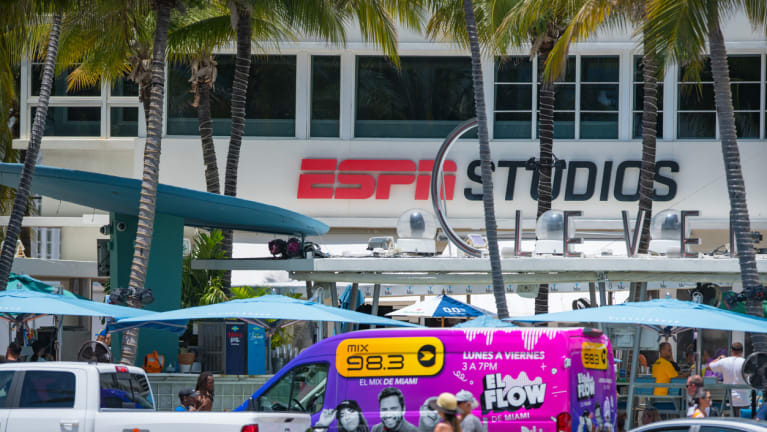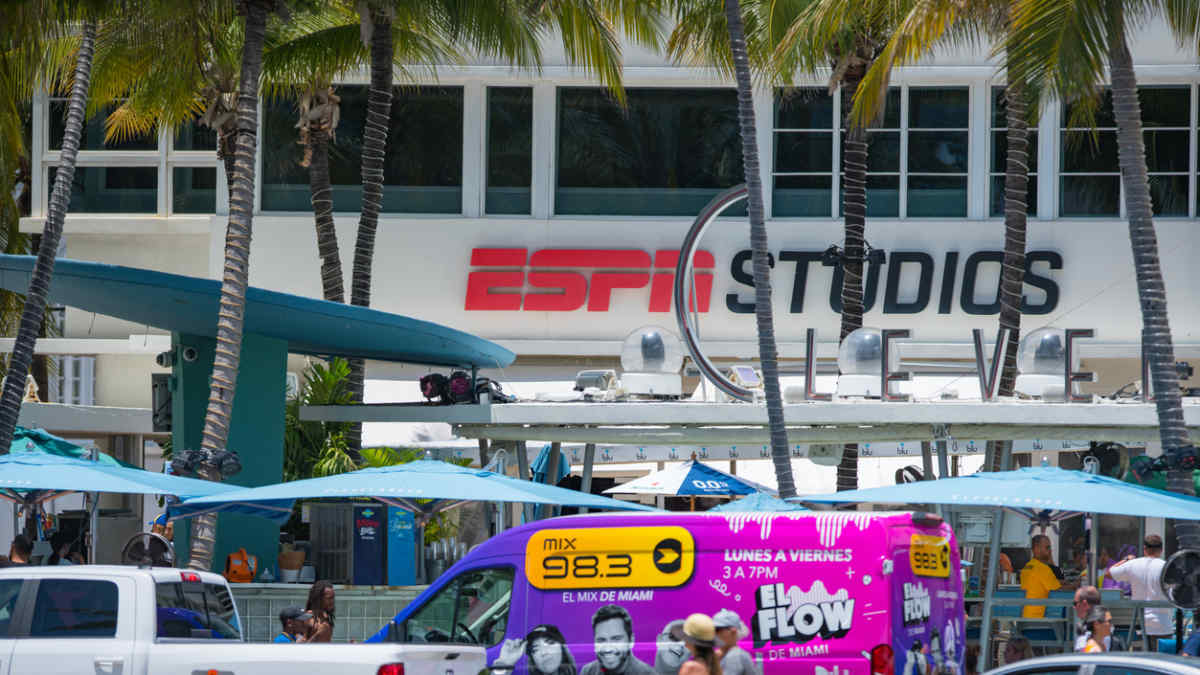

?While mandates for vaccinations against COVID-19 may be in the rearview mirror for most employers, some employees who were fired for declining to get vaccinated when such requirements were proliferating are now suing. One such lawsuit was filed recently against ESPN and its parent company, The Walt Disney Co.
“We will likely see a wide divergence of how courts view these cases, depending on the judge and the jurisdiction,” said Fiona Ong, an attorney with Shawe Rosenthal in Baltimore.
So far, “[o]utright challenges to vaccine mandates as a concept have seen little to no success,” said Michael Elkins, an attorney with MLE Law in Fort Lauderdale, Fla. “Religious and disability accommodation challenges are entirely dependent on the specific facts of each claim.”
Lawsuit Against ESPN
A former producer at ESPN, who had worked for the company for over 30 years, was one of the plaintiffs in the recent lawsuit. A former reporter also sued.
The producer claimed that when she was informed in 2021 that she was required to receive a vaccination against COVID-19, she objected, stating that she had strong religious beliefs that prohibited her from getting vaccinated. She shared other concerns but noted that her opposition was “most importantly” based on her religious convictions.
When she met with HR and expressed her religious objections, the HR professional allegedly said, “Maybe God has led you to a new career. When God closes a door, he opens another.”
The producer later informed ESPN that:
- She was a devout Catholic, and her sincere and heartfelt religious beliefs prohibited her from being vaccinated.
- Many scriptural passages, which she cited, supported her view.
- She engaged in hours of prayer and rereading Scripture as part of her decision-making process.
- Her decision was informed by “the personal direction” she “received from God through prayer.”
- She could not accept the vaccination due to its reliance on fetal cell lines for its development and said this was against what God wanted in her body.
- The immune system provided by God was “the perfect immune system,” and it wasn’t consistent with her religious faith to rely on another immune system.
- The immune system God provided her had protected her through more than 1,550 events, countless miles in airline travel and innumerable nights in various hotels throughout the country.
“I will not turn my back on God’s protection and violate my sincere personal religious beliefs,” she said.
ESPN allegedly asked the producer to provide the name of her parish representative to discuss the producer’s and representative’s opposition to vaccination, along with what accommodation would be acceptable from a religious perspective.
The producer declined, saying, “I do not even know how to respond to this, other than to say that my sincere personal religious beliefs are my own.” She added, “I do not expect to be cross-examined or to have to bring in an ‘expert’ on my own personal religious beliefs for anyone to judge me or my belief in God’s will for me. My sincerely held religious beliefs preclude me from taking the COVID-19 vaccine.”
ESPN denied the plaintiff’s religious exemption request, saying she did not provide sufficient documentation to support her accommodation request. ESPN allegedly later began to try to examine whether accommodating her was possible but then terminated her employment on Sept. 9, 2021. This was the same day President Joe Biden announced a vaccination requirement for large employers and the federal workforce—a requirement that was challenged, resulting in Supreme Court decisions on the directives.
The producer alleged that ESPN violated Title VII of the Civil Rights Act of 1964, which prohibits religious discrimination and requires religious accommodations.
The reporter also alleged she was unlawfully fired for religious reasons and that she was fired in violation of the Americans with Disabilities Act. She was undergoing in vitro fertilization and was concerned about the potential unknown effects the vaccine would have on the fetus. She did not provide a doctor’s letter in support of her concerns, allegedly because she lived in California, “where medical licenses are threatened if doctors provide a medical exemption,” she alleged in the complaint.
ESPN fired the reporter on Oct. 19, 2021.
ESPN and Walt Disney declined to comment for this article.
Key Factors
Ong said the key factors courts consider when reviewing this type of lawsuit include:
- The sincerity of the employee’s beliefs. While the Equal Employment Opportunity Commission (EEOC) typically says this is not an area to question, its guidance also acknowledges that there may be circumstances in which the employee’s sincerity is suspect, such as if the worker follows up a secular request that was denied with one that is associated with religion, or if the employee acts in ways that are inconsistent with their stated beliefs. “Also, sometimes the asserted belief is actually not religious at all, like fears about the safety of the vaccine,” Ong said. There already has been a decision in Pennsylvania in which the court upheld the denial of a religious accommodation on this factor, she added.
- Whether the employee poses a direct threat by being unvaccinated, regardless of the use of testing and personal protective equipment. “This is an argument that I know a number of my health care clients made with regard to their employees who provided direct care to patients,” Ong said. “The EEOC has been receptive to this argument in our experience and also in their guidance.”
- Whether the employer offered alternative accommodations and whether the employee accepted them. An employer is obligated only to offer a reasonable accommodation that is effective, which may include reassignment and may not be the one the employee prefers.
In some states—such as Florida, Kansas and Texas—employer vaccine requirements are prohibited outright and an employer may not challenge the validity of an employee’s claimed religious exemption, said Chris Duke, an attorney with Akerman in West Palm Beach, Fla., and Boca Raton, Fla.
Because these challenges to vaccination requirements are relatively new, there isn’t much guidance on how these issues will be decided, he added.
